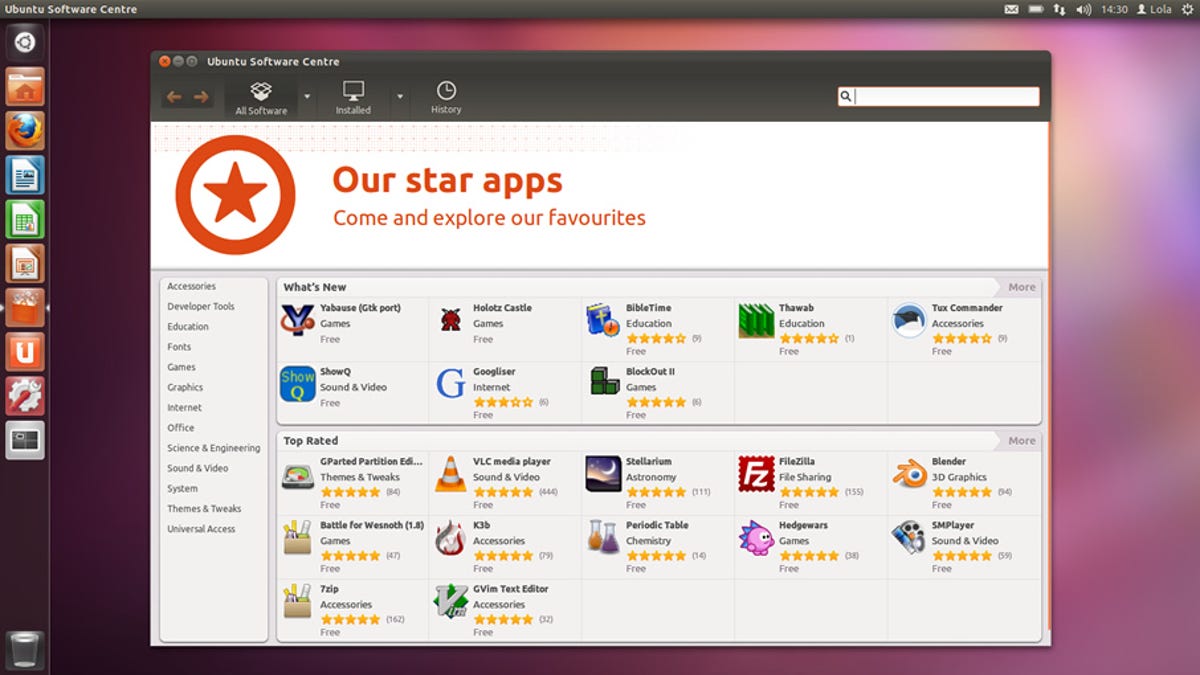Ubuntu Linux eyes tablet territory
Canonical founder Mark Shuttleworth tells ZDNet that his OS is ready to "embrace the challenge" of life on smartphones, tablets, and smart TVs.
Canonical wants to get its Ubuntu Linux operating system onto tablets and smartphones.
The company plans to make an announcement to that effect at the Ubuntu Developer Summit taking place this week, according to Stephen J. Vaughan-Nichols, a blogger for CNET sister site ZDNet. The platforms beyond the desktop that Canonical is targeting include not only those mobile devices but also smart TVs.
"It's important for us to reach out to our community on these platforms," Canonical founder Mark Shuttleworth told Vaughan-Nichols. "So, we'll embrace the challenge of how to use Ubuntu on smartphones, tablets, and smart screens."
But don't expect deliverables to hit the market right away. First Canonical wants to make sure that the upcoming Ubuntu 12.04 LTS for desktops is as stable as can be and to spiff up the Unity desktop interface. Vaughan-Nichols speculates that developer tablets and smartphones with ARM processors could debut in the second quarter of 2012.
There will be formidable competition, to be sure, in Apple's iOS and Google's Android OS, and perhaps even from the likes of Microsoft's Windows Phone and the upcoming Windows 8, which will feature both a desktop interface and the company's mobile Metro UI. Shuttleworth said Canonical's offering will be ready to take advantages of the opportunities that present themselves--such as fallout from Google's pending acquisition of Motorola Mobility.
"The device world is highly competitive and highly dynamic, while Android and iOS dominate handheld devices, disruptive elements could still establish themselves," he told Vaughan-Nichols. "Ubuntu and Windows can still be a real force."
Device makers, Shuttleworth said, would welcome Ubuntu "as a disruptive element. A strong Ubuntu can be both more cooperative with OEMs than a larger company and give them leverage with Google and Microsoft."
Canonical's efforts with Ubuntu Linux in the mobile arena date back four years or more, to the short-lived pre-iPad era when Intel was touting its Mobile Internet Device platform for mini tablets.


